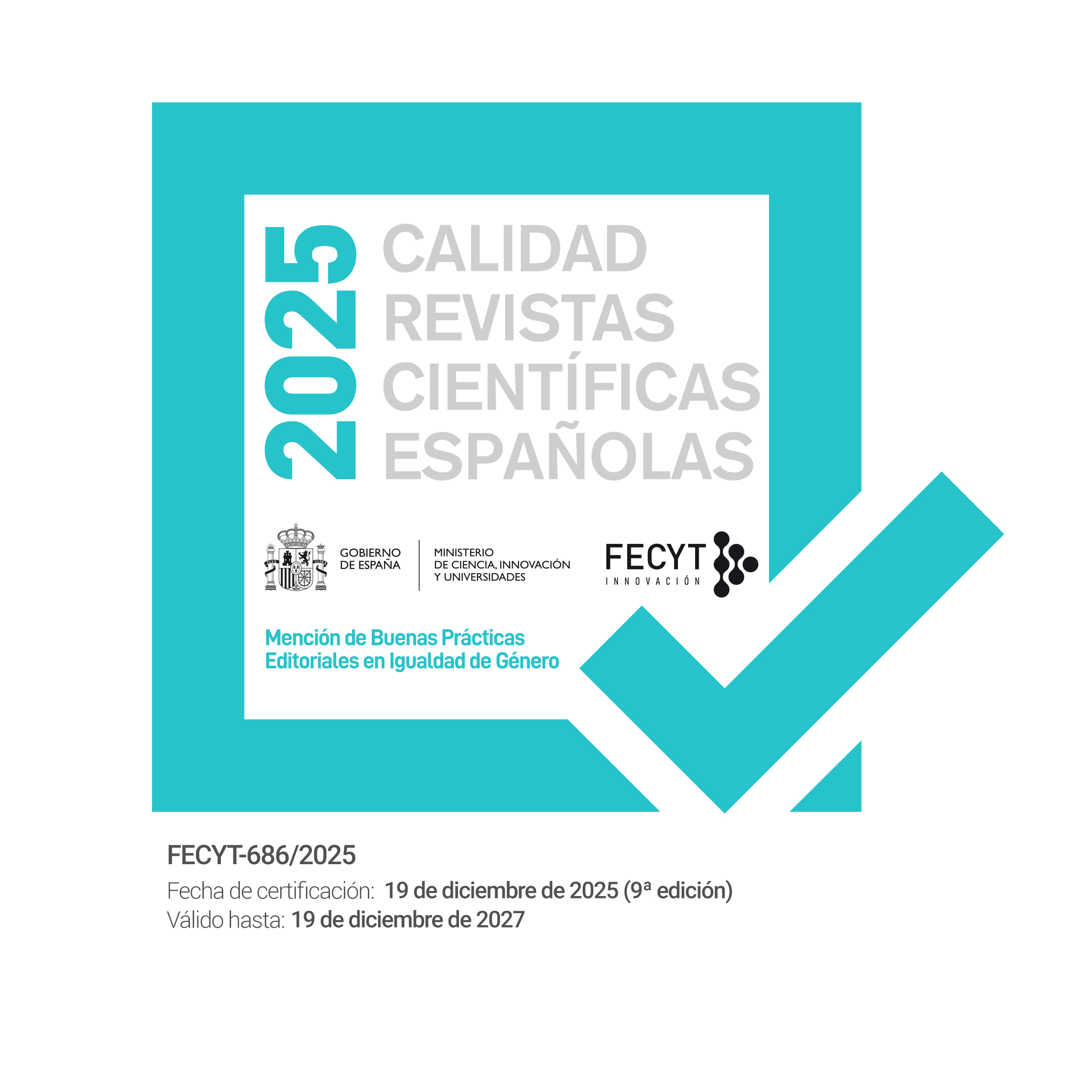The effects of JCR on the quality of Spanish journals of Psychology: A selfie in 2017
DOI:
https://doi.org/10.55414/ap.v36i1-2.712Abstract
The assessment of the quality of Psychlogy Journals is ussually sumarized by the JCR index (Journal Citation Report), based only on the number of citations received by the journal. However, this quality index is used as a justification for
curricula, job promotions, hiring and academic privileges. This is carrying to multiple problems in scientific research, also within Psychology. Research and topics are being distorted towards quicker and easier themes to publish in journals with that indicator; and as a result, a large number of publised articles have low quality and make less real contribution to the field. Based on this hypothesis, a quantitative descriptive study of 29 Spanish Psychology Journals was carried out, with 7 journals with JCR, and 22 journals without it. During 2017 a total of 693 articles have been revised. The recording categories were: the type of study, methodology, area, participants, instruments, data analysis, conclusions, replications, number of authors, countries, and universities. The results show that journals with JCR receive and concentrate three times more publications, with more survey studies and questionnaires adaptations, have more authors per publication, and have fewer theoretical or review articles than other journals without JCR. As a general result, there is a great shortage of experimental studies, a great proliferation of studies with surveys, instrumental and ex-post-facto; also the participants are usually university students; and the measurements are questionnaires always, very few studies use observation or direct data with instruments. Finally, we discuss the current situation of psychology studies that do not seem to overcome a correlational stage as science. The causes of psychological phenomena are still not studies with
an experimental methodology.
Downloads
Downloads
Published
Issue
Section
License
Copyright (c) 2018 APUNTES DE PSICOLOGÍA

This work is licensed under a Creative Commons Attribution-NonCommercial-NoDerivatives 4.0 International License.



























